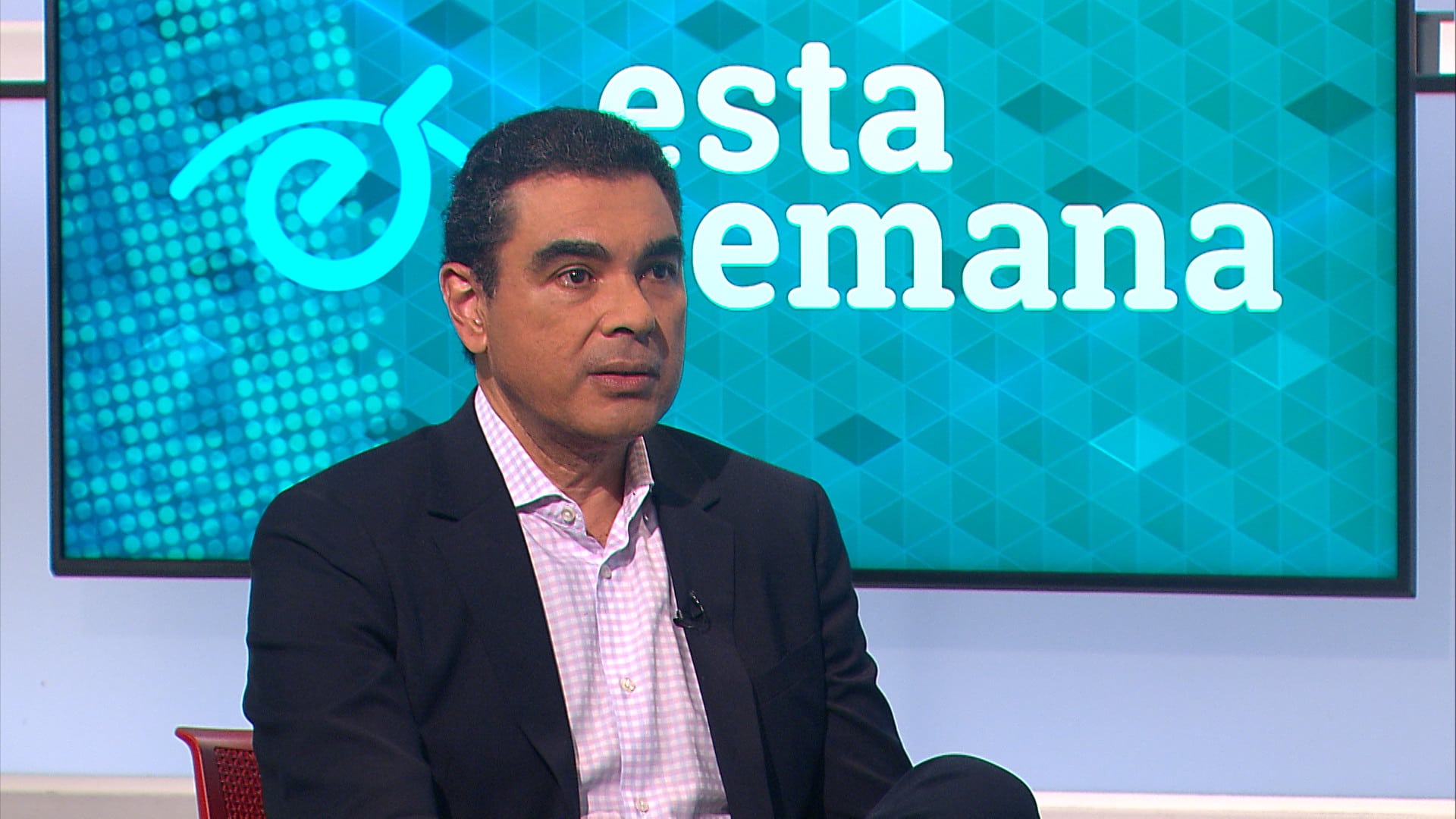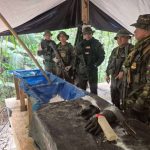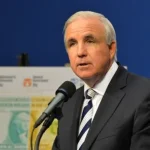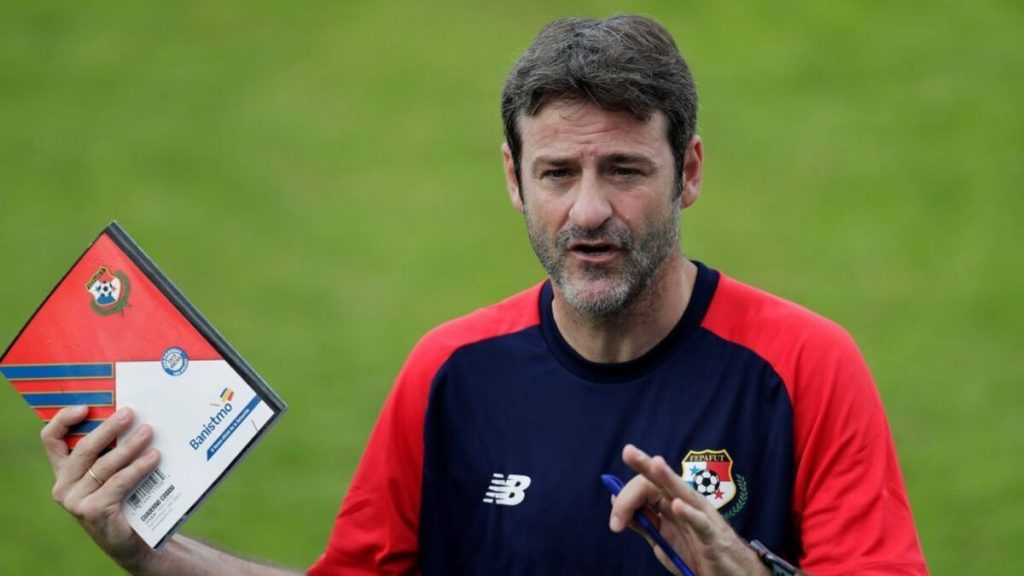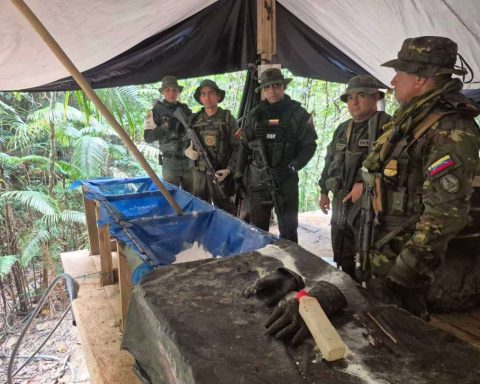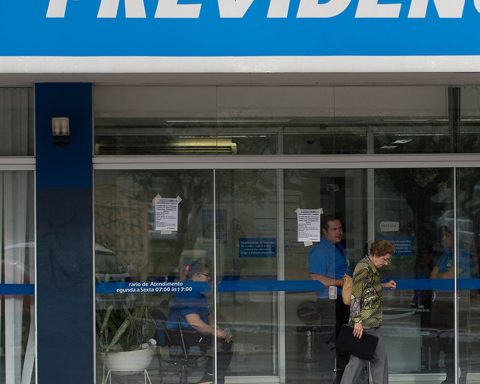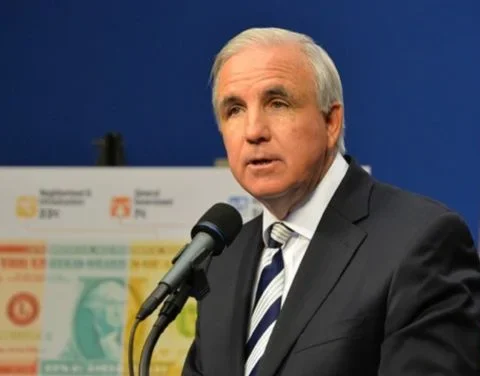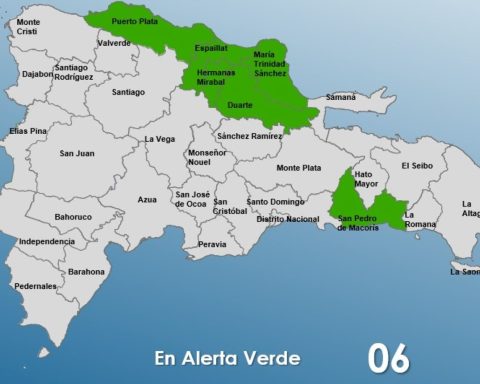The Permanent Council of the Organization of American States (OAS) is holding this Monday, November 29, an extraordinary virtual session to carry out an immediate collective evaluation of the situation in Nicaragua in accordance with the OAS Charter and the Inter-American Democratic Charter and in compliance with the resolution adopted on November 12 at the 51st General Assembly of Foreign Ministers.
The political scientist Manuel Orozco, an analyst at the Inter-American Dialogue in Washington, affirms that the expectation regarding this debate is to confirm that the Nicaraguan political situation “requires greater intervention by the member states and to leave the door open for the last stage, which is to convene the extraordinary session ”.
In the program This week-that is transmitted by Facebook and Youtube Due to Ortega’s censorship- the expert estimates that the OAS already has the 24 votes necessary to suspend Nicaragua in an eventual extraordinary session, which could be convened before January 10, 2022, which is when the new period of Government of Daniel Ortega and Rosario Murillo.
However, he stressed that regardless of whether the organization suspends Nicaragua or not, “what Article 21 of the Inter-American Democratic Charter mandates is to exhaust all kinds of diplomatic measures, it will continue and that includes pressure from other organizations.” .
Among the organizations from which the regime could be pressured, says Orozco, is the Central American Bank for Economic Integration (CABEI), which “is definitely one of the institutions that is on the list of organizations that are going to be pressured. ”.
This Monday’s meeting is the tenth held by OAS representatives on Nicaragua since the 2018 crisis erupted. So they are going to deliberate on a situation that they have previously analyzed in depth and have also adopted resolutions that Ortega and Murillo have not complied. What is special about this meeting of the Permanent Council and what can be expected from it?
The Permanent Council was instructed by all the member states, through the General Assembly, to have a collective evaluation of what is happening in Nicaragua. The last resolution was very important because it not only recommends this collective evaluation, it also declares that the elections were illegitimate and it was basically 76%, three-quarters of the Member States, who voted that way. The expectation of this debate is that it confirms that the Nicaraguan political situation requires greater intervention by the member states and will leave the door open for the last stage, which is to convene the extraordinary session. The expectation is that this extraordinary session will be convened in the next two months.
At the meeting, the president of the IACHR, Antonia Urrejola, and also the high commissioner of the United Nations, Michelle Bachelet, will present a human rights report.Does this mean that the OAS is focusing the debate around Nicaragua, around the violations of human rights, to broaden the sentence around the regime, to join countries in this process?
The strategy is to try to capture the analysis and empirical presentations on what has been happening in Nicaragua, especially in the pre and post-electoral period, and among these we have these representatives who are going to be speaking about the human rights situation. However, throughout the history of the OAS resolutions – nine resolutions that have been implemented from July 2018 to the present – the link with human rights has been very close.
The logic of the OAS in particular has been that you cannot have a fair and free electoral process if there is no respect for human rights. So, for them, having the United Nations and human rights representatives from the OAS present, who speak about the Nicaraguan problem, is of vital importance to verify the situation before the member states. But, other institutions that talk about the electoral situation in Nicaragua will also be present. So, you have the three perspectives together; human rights, illegitimate electoral situation and alteration to the constitutional order, which will be discussed and each member state will present its perspective or its reading on how it sees the situation in Nicaragua.
Photography: Taken from 19 Digital.
What impact has Foreign Minister Denis Moncada’s announcement had on the OAS that Nicaragua has already begun the process of withdrawing?
For many it was to be expected because Nicaragua is following the same roadmap that Venezuela adopted. So, it was to be expected that they would say that (to) evade justice, although for other countries it is a concern, in particular some Caribbean countries that have not been convinced for geopolitical reasons to vote in favor of resolutions for reforms democratic in Nicaragua. Thus, the departure of Nicaragua is viewed from a concern from the diplomatic point of view, because it will no longer be possible to maintain the same level of encounter of the dispute resolution relationship, but in most countries the concern is not the retirement, but the Nicaraguan sociopolitical situation.
The Nicaraguan opposition organizations issued a statement to the ambassadors who will participate in this Permanent Council and express their expectation that a call for an extraordinary assembly of foreign ministers will come out before January 10 to apply Article 21. Is an action on the agenda? of that type in this Permanent Council?
No, it is not on the agenda because it is not part of the mandate. It could be interpreted when the resolution says that a collective evaluation has to be made so that the pertinent actions are taken. The interpretation that the majority of the States are going to make is to recommend a possible extraordinary session in the future, but that all diplomatic channels continue to be exhausted by the OAS.
There are some countries that feel that suspending Nicaragua from the OAS at this stage of the sociopolitical crisis does not have much to contribute to solving the sociopolitical crisis; There are others who believe that it is the logical consequence, because if you see the nine resolutions that have occurred, because the Democratic Charter has been invoked twice, it has been voted on the illegitimacy of the elections, it has been voted on the imprisonment of the prisoners on several occasions, there are different processes on it, and efforts have also been made through the Working Group and the High Level Commission of Central American foreign ministers to get closer to Nicaragua. So for many it is a logical consequence to work based on an extraordinary session; however, I think there is no consensus on this.
Does the OAS have a political deadline to face the situation in Nicaragua, taking into account that Ortega in the past did not even agree to have an approach or dialogue with the High Level Commission? Is the political term indefinite or does it revolve around the start of the Ortega government next year?
From the perspective that at least 15 member states, possibly 20, the deadline is defined for January 10, 2022, an extraordinary session must be held before this date to determine that Nicaragua needs to be suspended, in the sense that all the actions that the OAS and Nicaragua have been carrying out in violation of the Democratic Charter and that what basically happens in November, during the elections, is not only a fraud, but the consolidation of a dictatorial process. So, the debate that is taking place on Monday is to define the terms of reference that the inputs will propose for the extraordinary session that will most likely be held before January 10.
If in this eventual Extraordinary Assembly the OAS cannot gather the 24 votes to suspend Nicaragua, does the OAS have an alternative way to pressure Ortega, for example, through the Inter-American Development Bank, CABEI, or through other bodies?
I believe that they are going to continue promoting all the instances that they have. I think they do have 24 votes. There are many countries that have expressed their concern, this is a 50-50 situation. One of them, for example, may be Panama, which believes that there is still room for diplomatic assistance. I believe that this debate will resolve many loose ends that exist within the Member States. However, regardless of whether Nicaragua is suspended from the OAS or not, the reality is that Article 21 mandates the exhaustion of all kinds of diplomatic measures, it will be maintained, and that includes pressure from other organizations and CABEI is one of the the institutions that are on the list of those that are going to be pressured.
